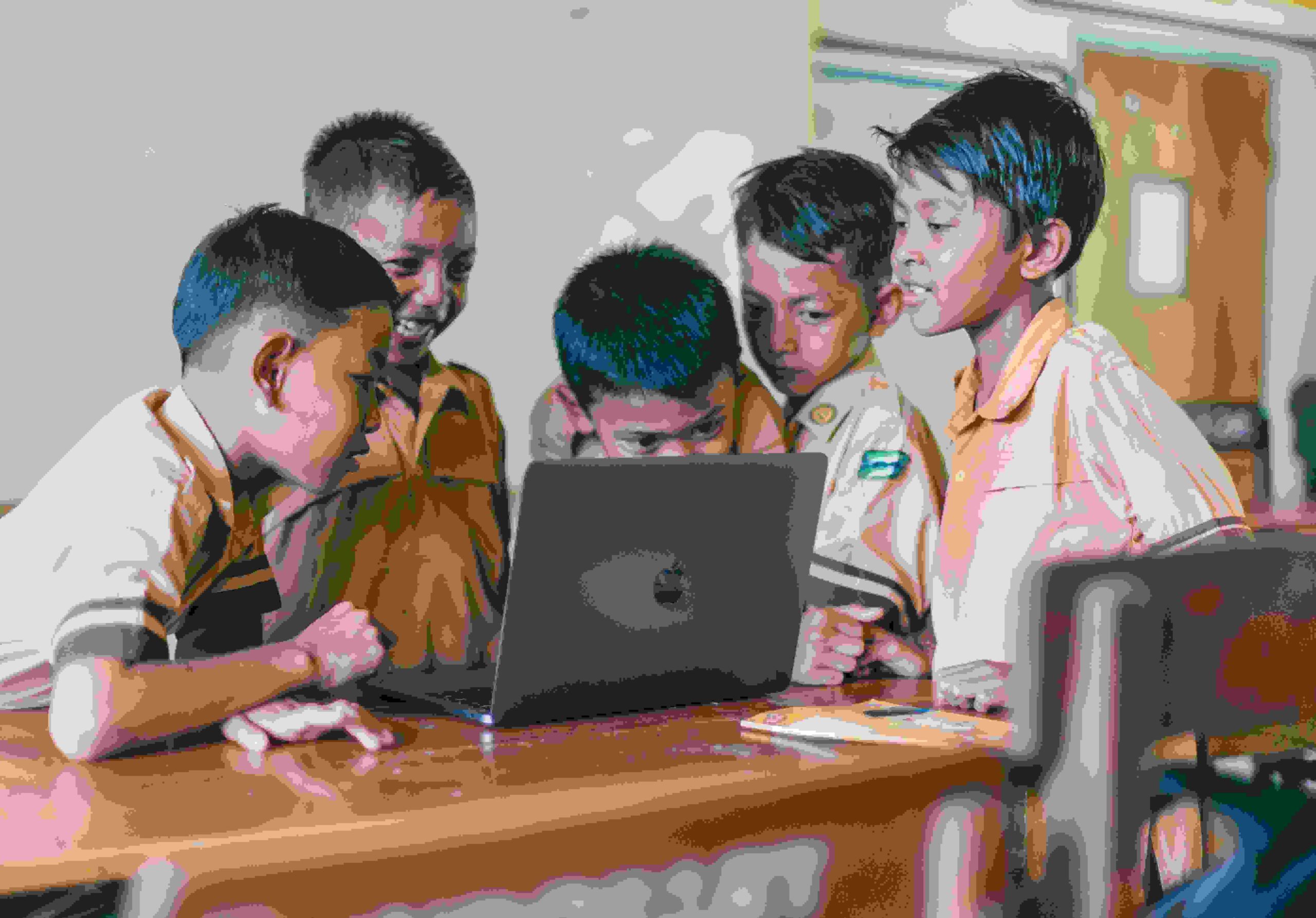
Are Schools Becoming Just Another Business? Parents Speak Out on Rising Fees
- admin
- November 9, 2025
- Education, Opinion & Analysis
- 0 Comments
The skyrocketing cost of private education in India has ignited a fierce debate among parents, educators, and policymakers. With tuition fees and ancillary charges climbing each year, many parents are questioning whether schools are prioritizing profit over education, leaving middle-class families struggling to keep up.
The Rising Cost of Education
Skyrocketing Tuition Fees
- According to a report by ASSOCHAM, private school fees in India have increased by 150% over the past decade. In metropolitan areas, the annual cost of education in top-tier schools now ranges between ₹2,00,000 and ₹5,00,000 per child, making quality education increasingly unaffordable for many middle-class families.
Hidden Charges
- Beyond tuition fees, parents are often burdened with additional costs for uniforms, textbooks, transportation, extracurricular activities, and technology upgrades. A survey conducted by LocalCircles found that over 60% of parents felt these charges were arbitrary and unnecessary, with no clear breakdown provided by schools.
The Parents’ Perspective
Voices of Frustration
- Many parents feel trapped in a system where education is treated as a luxury rather than a necessity. “Every year, we’re hit with fee hikes without justification,” says Neha Sharma, a parent from Bengaluru. “It feels like schools are running businesses instead of nurturing our children.”
Quality vs. Cost
- Despite the rising costs, parents often question whether the quality of education matches the price tag. A survey by the National Independent Schools Alliance revealed that 70% of parents believe that the facilities provided by private schools do not justify the high fees charged.
Schools’ Justification
The Cost of Quality
- Private schools argue that the fees reflect their investment in infrastructure, technology, and teacher training to provide a competitive education. “Maintaining a high standard of education requires significant resources,” says a principal of a leading private school in Delhi. “The rising operational costs inevitably impact fees.”
Impact of Regulations
- Schools also cite regulatory requirements, such as maintaining a prescribed student-teacher ratio and upgrading digital resources, as contributing factors to rising costs.
Government Regulations and Interventions
Fee Regulation Policies
- Several state governments, including Maharashtra, Gujarat, and Tamil Nadu, have introduced fee regulation committees to cap annual fee hikes and ensure transparency in school charges. However, the implementation of these policies has been inconsistent, leaving many parents dissatisfied.
Public Education Revamp
- The government has also increased investments in public education to make it a viable alternative to private schools. Initiatives under the National Education Policy (NEP) 2020 aim to enhance the quality of government schools, but the pace of these reforms remains slow.
The Way Forward
Transparency and Accountability
- Experts emphasize the need for schools to adopt transparent fee structures and provide detailed breakdowns of charges. This would help build trust among parents and mitigate the perception that schools are prioritizing profits over education.
Strengthening Public Schools
- A robust public education system can act as a counterbalance to private schools, offering quality education at affordable rates. Increased funding, improved teacher training, and modernized curricula are essential to make public schools more appealing to middle-class families.
Parental Advocacy
- Parents are forming associations and advocacy groups to push for stricter regulations and more equitable fee structures. Their collective voice is increasingly influencing state policies on education.
Conclusion
As education becomes a growing financial burden for Indian families, the question of whether schools are evolving into businesses remains contentious. Striking a balance between maintaining high standards of education and ensuring affordability is crucial for the future of Indian schooling. Until then, the rising cost of private education will continue to fuel debates, with parents demanding greater accountability and inclusivity in the system.


